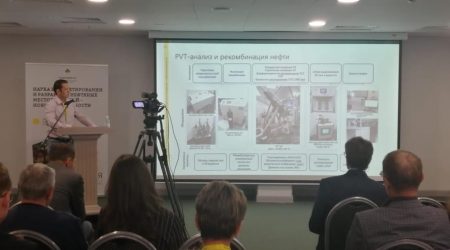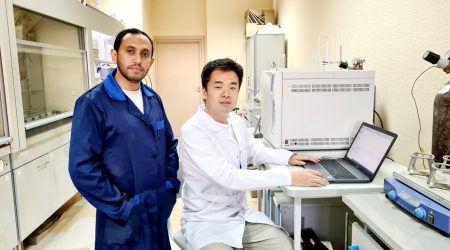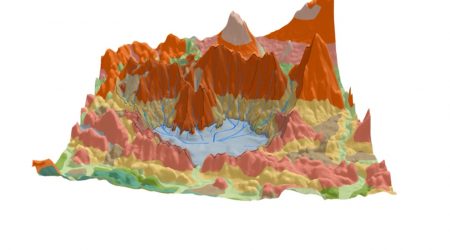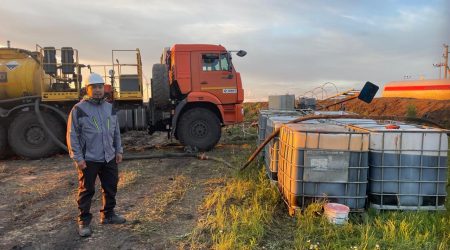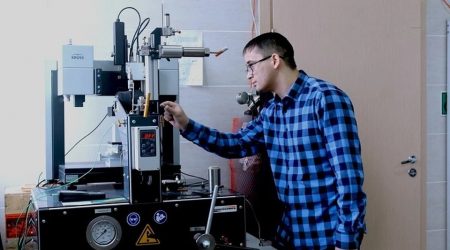Engineering center to be created at the Low Tonnage Chemistry Technology Park
The Russian Ministry of Science and Higher Education pledges to allocate 250 million rubles in the next two years for the project.
A total of 228 applications were submitted for the competition, which was held with the aim of forming a scientific infrastructure for research and development in priority areas of scientific and technological development, of which 13 were supported.
“Our application scored 92 out of a possible 100 points and took 6th place,” said Mikhail Varfolomeev, Park Director and Associate Professor of KFU. “The grant support is for two years. In 2025, KFU will receive 150 million rubles, and in 2026, 100 million rubles.”
According to the manager, the winners were selected based on the relevance of the engineering center’s activities, the scientific and technological background of the applicant organization, the qualifications of the team and the executive of the engineering center, including their successful experience in implementing R&D projects, patents, publications, and much more.
“One of the main evaluation criteria was the number of projects that are expected to be implemented at the center on behalf of industrial partners. We have quite a few of them, so we received one of the highest scores,” he noted.
The Technology Park was opened in February this year with the aim of introducing scientific developments into production.
“Based on the park, in collaboration with the Institute of Geology and Petroleum Technologies and the Institute of Chemistry, we plan to develop several areas, the main ones being heterogeneous catalysis and small-scale chemistry for the oil and gas industry. In addition, projects related to the creation of polymer materials, super-structural plastics, agricultural chemistry (in collaboration with the Institute of Ecology, Biotechnology and Nature Management), and others will be implemented. Most of the grant funds will be used to purchase equipment, including unique equipment, for the organization of pilot production. Our key industrial partners are SIBUR and Gazprom Neft. We also plan to implement projects for Tatneft, Zarubezhneft, Nefis Cosmetics, Baltic Chemical Complex, Tasma, Irkutsk Oil Company, LUKOIL, Rosneft, and others,” commented Dr Varfolomeev.
The scientist is confident that Kazan University has a good research infrastructure and many interesting developments that have successfully passed laboratory tests.
“In order for them to leave the laboratories and reach industrial partners, it is necessary to create technologies and scale up the processes for obtaining chemical products,” emphasized the interviewee. “It is planned that at the initial stage, the work will be focused mainly on the implementation of developments by KFU scientists, and in the future, we will attract third-party developers to jointly bring their products to a higher stage of technological readiness.”




